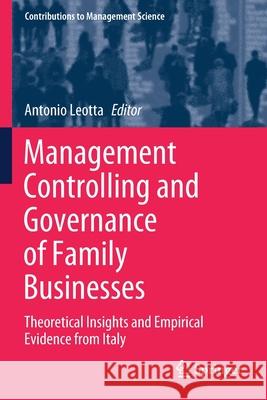Management Controlling and Governance of Family Businesses: Theoretical Insights and Empirical Evidence from Italy » książka
topmenu
Management Controlling and Governance of Family Businesses: Theoretical Insights and Empirical Evidence from Italy
ISBN-13: 9783030477431 / Angielski / Miękka / 2021 / 228 str.
Management Controlling and Governance of Family Businesses: Theoretical Insights and Empirical Evidence from Italy
ISBN-13: 9783030477431 / Angielski / Miękka / 2021 / 228 str.
cena 401,58
(netto: 382,46 VAT: 5%)
Najniższa cena z 30 dni: 385,52
(netto: 382,46 VAT: 5%)
Najniższa cena z 30 dni: 385,52
Termin realizacji zamówienia:
ok. 22 dni roboczych
Dostawa w 2026 r.
ok. 22 dni roboczych
Dostawa w 2026 r.
Darmowa dostawa!
Kategorie:
Kategorie BISAC:
Wydawca:
Springer
Seria wydawnicza:
Język:
Angielski
ISBN-13:
9783030477431
Rok wydania:
2021
Wydanie:
2020
Numer serii:
000451748
Ilość stron:
228
Waga:
0.35 kg
Wymiary:
23.39 x 15.6 x 1.32
Oprawa:
Miękka
Wolumenów:
01
Dodatkowe informacje:
Wydanie ilustrowane











